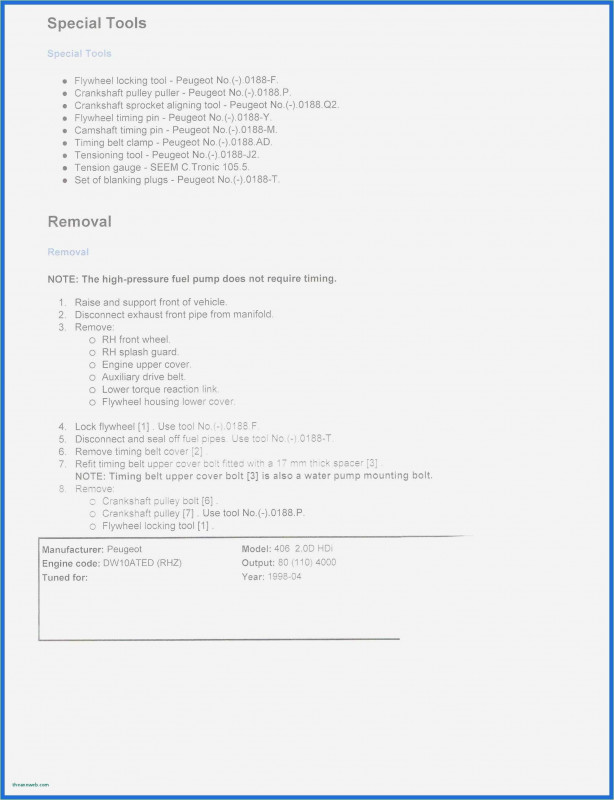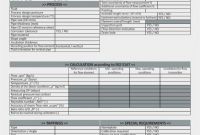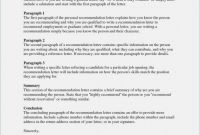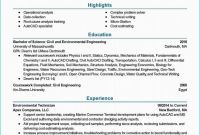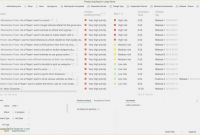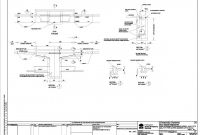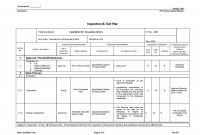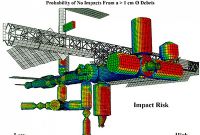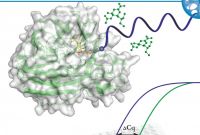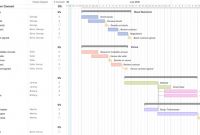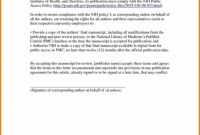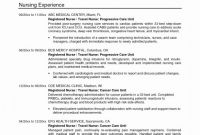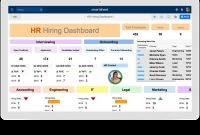We are going to explain a lot of parts in the same way as regards to Engineering Inspection Report Template which you must say yes for your guide. Absolutely it’s not difficult to find it in this website, because we prepare some of them that we have given.They are made extremely flexible. In the wisdom that it can be adjusted or changed. We prepare various design ideas of Engineering Inspection Report Template.They have a in fact lively look. Most recently along with others. You can get it in Microsoft Office Word format and amend them well.However if you are not competent to locate what you are searching for here subsequently we will recommend you to type new keywords. I think the Engineering Inspection Report Template which you are searching for is in reality good for you in the future.
Reports are always filled subsequently important information but at the similar time, they’re naturally beautiful boring. People tend to look them as teetotal and, as a result, they end paying attention lovely quickly regardless of how important the tally at the heart of the description happens to be.
Now, you can guarantee this won’t happen to you past these entirely free, visually striking and delectably compelling financial credit templates. Not forlorn are they very simple to use directly from your own Web browser, but as an added extra you can plus pick from our library of definitely free, visually fascinating deposit images to in point of fact incite shove your results even farther.
It doesn’t a matter what type of recommendation you’re bothersome to broadcast, what type of tune you’re exasperating to create or what type of tone you want to leave people with every element you compulsion is nearby right in front of you.
Some benefits of using these Engineering Inspection Report Template:
- Printable. It can be directly used by placing images on a worksheet (you can use Photoshop, Corel Draw, or other graphic design programs);
- Editable. This Engineering Inspection Report Template can be opened and customized with Microsoft Office Word and PDF with any version;
- Easy to use by anyone;
- You can save the file for free.
